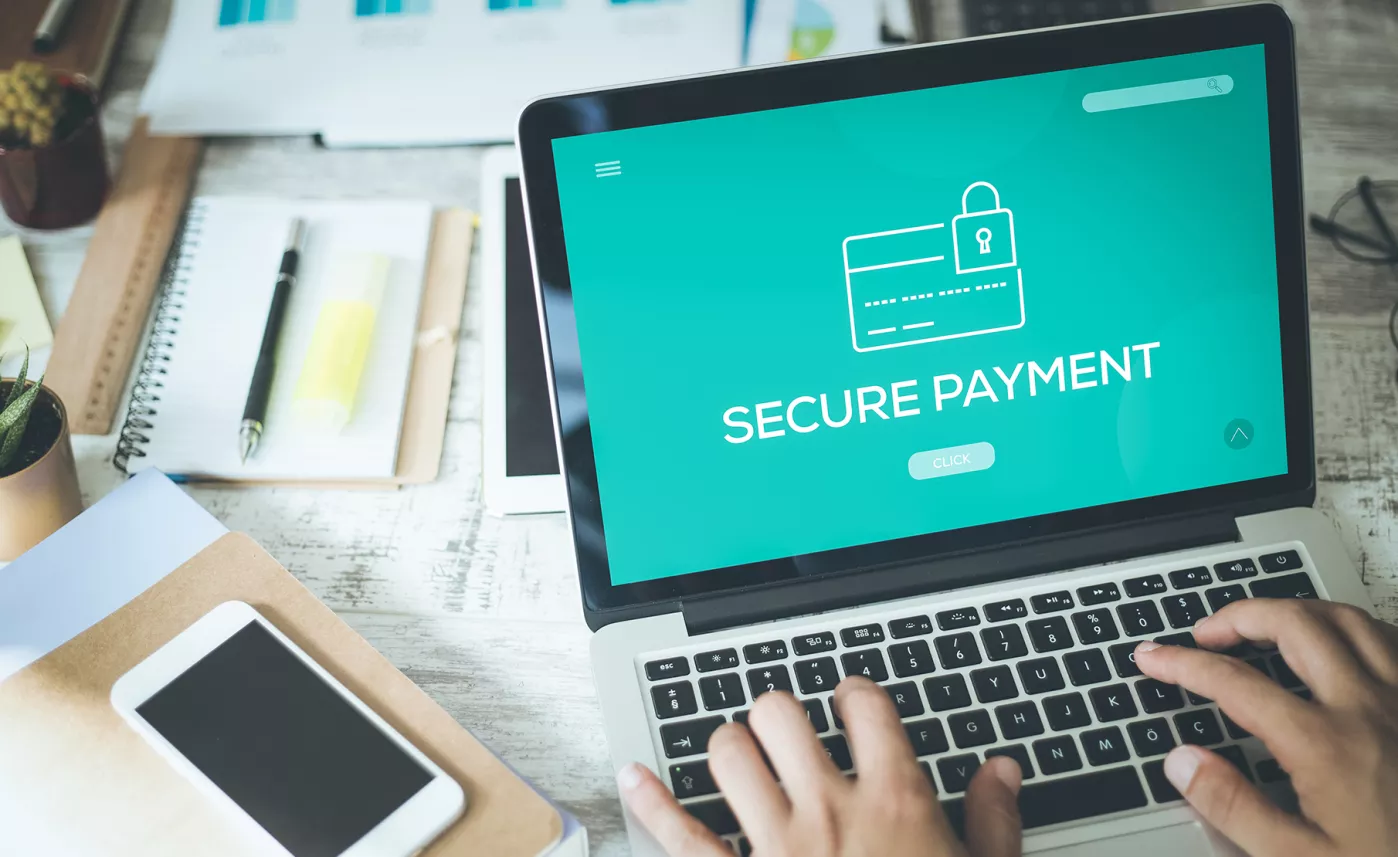How to protect yourself

Being able to spot a scam can save you time and money. We've put together this list to help you be prepared and proactive so that if something does happen, you can stop it as quickly as possible.
Your finances
- Review your accounts on a regular basis. For your Edward Jones accounts, do this anytime through Online Access.
- If you're enrolled in Online Access and suspect that your information has been compromised, promptly change your Edward Jones user name and password. Don't sign on with your Social Insurance Number.
- Periodically inspect your credit report. Significant, unexplained changes in your credit score or denials of credit for no apparent reason may be signs your identity has been compromised.
- When donating to charity, don't donate cash and always ask for a donation receipt. Before you donate, visit Government of Canada List of Charities to confirm if a charity is legitimate.
- Research a business before signing a contract or making a payment of any amount. The Better Business Bureau is a good source of information. Then, pay the company only after services have been completed to your satisfaction. Never sign a contract that includes blank lines.
Your personal information
- Carry only essential IDs such as your driver’s license and health card. Leave your Social Insurance Number (SIN) card in a safe place.
- Don't let private organizations make copies of your IDs unless there is a legitimate need and you know your information will be protected. The information on the copy is as valuable as the original document.
- During transactions, tap, insert or swipe your cards yourself. If you must hand over your debit/credit card, never lose sight of it.
Watch out for red flags
- A surprise windfall that seems too good to be true. If you’ve been notified that you won a sweepstakes you didn’t enter, or if you were notified that you inherited money from a relative you’ve never met, you’re likely being scammed.
- A cheque was sent to you, but you’re asked to wire back part of the total. The cheque is likely fake, leaving you out the money you wired, plus any bank fees for the returned cheque.
- Pressure to pay immediately or to pay over the phone. Thieves succeed by getting you to pay now and think later.
- Paying money to get money. Legitimate lotteries, sweepstakes, timeshare sales and inheritances won’t ask you for taxes, processing, shipping or any other fees upfront.
- Receiving a request to pay through gift cards, wire transfers or cryptocurrency. Scammers want you to send cash equivalents they can use quickly.
- Be alert if someone asks you for money soon after you’ve met them – especially if you’ve only met online.
Tips when online
- Know before you buy. Remember if a deal looks too good to be true, it probably is. Check an online seller’s payment options and return policy.
- Look for indicators that a retailer’s website is secure, such as a lock icon in the address bar or a web address beginning with https://.
- When using a Wi-Fi hotspot, exercise caution when shopping online. If you’re on an unsecured/public network, other users can see what you see – and what you send.
- Don’t click on pop-up ads or links in unsolicited emails.
- Don’t provide personal information via email. Instead, call the business at a number you know to be correct to confirm the request.
- Create unique, hard-to-guess passwords for each of your online accounts and change them often.
- Keep your computer security and anti-virus software up-to-date.
Actions for fraud victims
- Don’t be hard on yourself. Scammers are experts who exploit human behaviour. Some people don’t report their losses because they’re embarrassed, but anyone can be vulnerable to some type of scam or fraud.
- If you’ve sent a payment, contact the financial institution or company that issued the payment. Attempt to stop any payments in progress.
- If you suspect someone has your Social Insurance Number or information about your Edward Jones account, contact your Edward Jones branch or our Client Relations department at (877) 370-2627
- If you believe your identity has been stolen:
- Report the crime to the Canadian Anti-Fraud Centre. They will provide helpful resources and can connect you with appropriate law enforcement agencies. Toll Free: (888) 495-8501
- Contact your local police and file a report
Keep reading about common types of fraud for a better understanding of the growing number of scams.